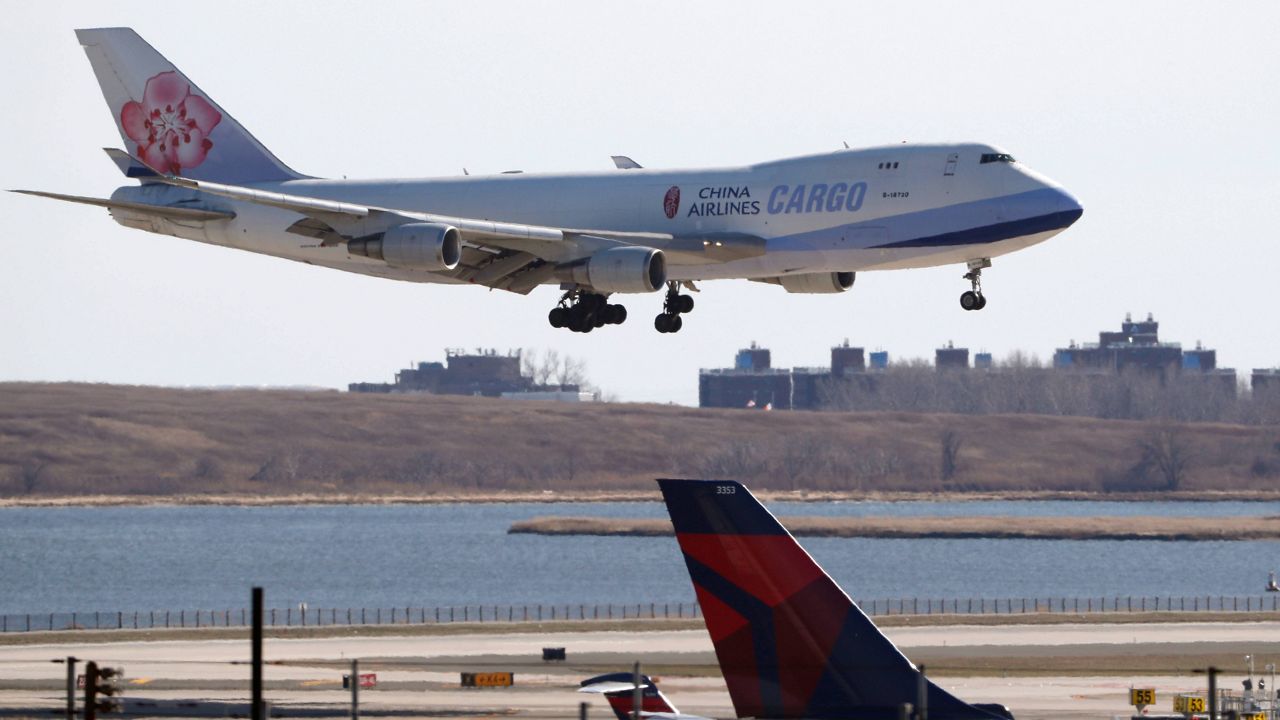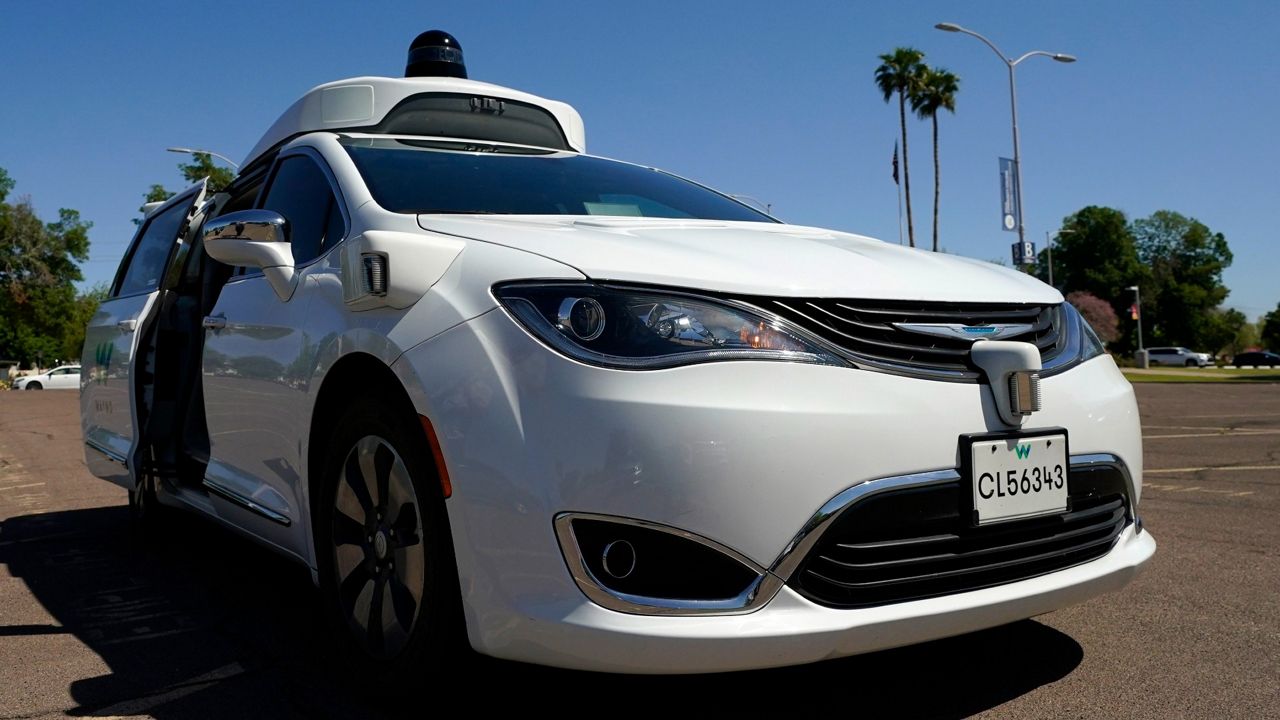President Joe Biden said Tuesday that an agreement to briefly delay activating new 5G wireless service was a “significant step in the right direction” toward deploying the technology while maintaining safe air travel.
What You Need To Know
- President Joe Biden said Tuesday that an agreement to briefly delay activating new 5G wireless service was a “significant step in the right direction” toward deploying the technology while maintaining safe air travel
- AT&T and Verizon say they will delay new 5G wireless service for two weeks, putting off a planned start this Wednesday
- The companies say they are delaying the launch after a request from Transportation Secretary Pete Buttigieg and concern about possible interference with systems on board planes
- AT&T repeated its promise to further reduce power of the networks around airports for six months to give regulators more time to study potential interference with aviation
AT&T and Verizon said Monday they will delay launching the service for two weeks following a request by Transportation Secretary Pete Buttigieg, who cited the airline industry’s concern that the service could interfere with systems on planes.
The announcement reversed the companies’ decision just a day earlier to reject any postponement in new 5G service.
“This agreement ensures that there will be no disruptions to air operations over the next two weeks and puts us on track to substantially reduce disruptions to air operations when AT&T and Verizon launch 5G on January 19th,” the president said in a statement. “For the last few months, my Administration has been convening technical experts at the FAA, the FCC, and from the wireless and aviation industries to discuss a solution that allows the expansion of 5G and aviation to safely co-exist, and I am pleased those efforts helped produce yesterday’s agreement.”
In a statement Monday night, AT&T repeated its promise to further reduce power of the networks around airports — an approach used in France — for six months to give regulators more time to study potential interference with aviation.
“We know aviation safety and 5G can co-exist and we are confident further collaboration and technical assessment will allay any issues,” an AT&T spokeswoman said in a statement.
A Verizon spokesman said the two-week delay would ensure “the certainty” of rolling out the new service later in January.
AT&T and Verizon had planned to launch the new 5G service on Wednesday in many U.S. cities.
On Friday, Buttigieg and Stephen Dickson, head of the Federal Aviation Administration, asked the companies to delay their C-band 5G rollout for up to two weeks. They warned that without a delay, there would be “unacceptable disruption” to aviation because flights would be canceled or diverted to other cities to avoid potential risks to air safety.
The officials' warning followed a request by a major airline trade group to delay the 5G rollout. Airlines for America told the Federal Communications Commission that using C-band 5G near dozens of airports could interfere with devices that measure an airplane’s height above the ground. The group said it had raised the issue before but was given little attention by the FCC.
Other aviation groups also raised alarms. Joe DePete, president of the Air Line Pilots Association, said Monday night, “It’s clear that this irresponsible rollout of 5G wasn’t ready for takeoff.”
In a letter sent to AT&T and Verizon on Monday night, Buttigieg and Dickson told the companies they will not seek any further delays if there are not any “unforeseen aviation safety issues,” according to multiple reports.
Airlines for America President and CEO Nicolas E. Calio said in a statement that his group appreciates the efforts of the federal officials who persuaded the telecom giants to postpone the 5G launch and commit to proposed mitigations.
“Safety is and always will be the top priority of U.S. airlines,” Calio said. “We will continue to work with all stakeholders to help ensure that new 5G service can coexist with aviation safely.”
The conflict between telecommunications companies and airlines — and between the FCC and the FAA — involves a type of 5G service that relies on chunks of radio spectrum called C-Band, which wireless carriers spent billions of dollars to buy up last year.





